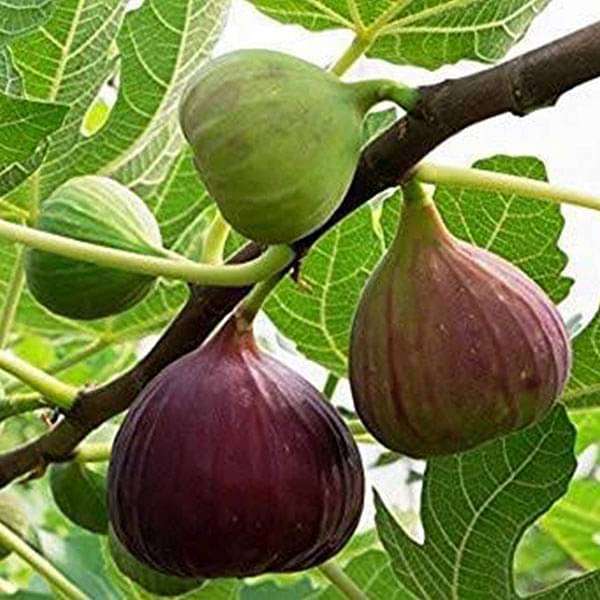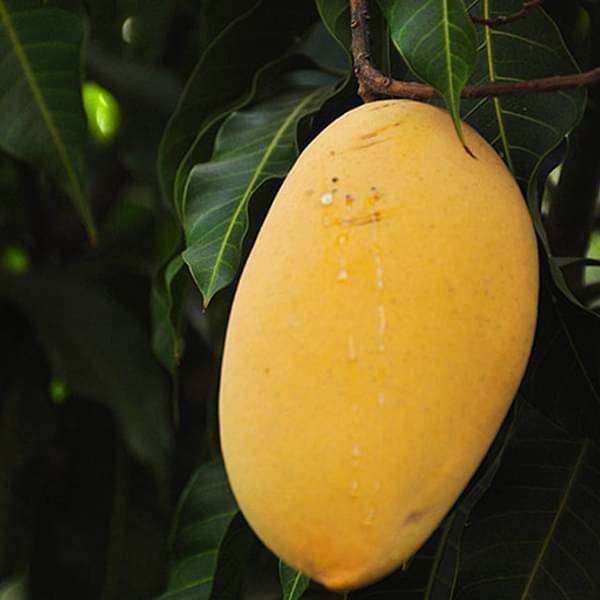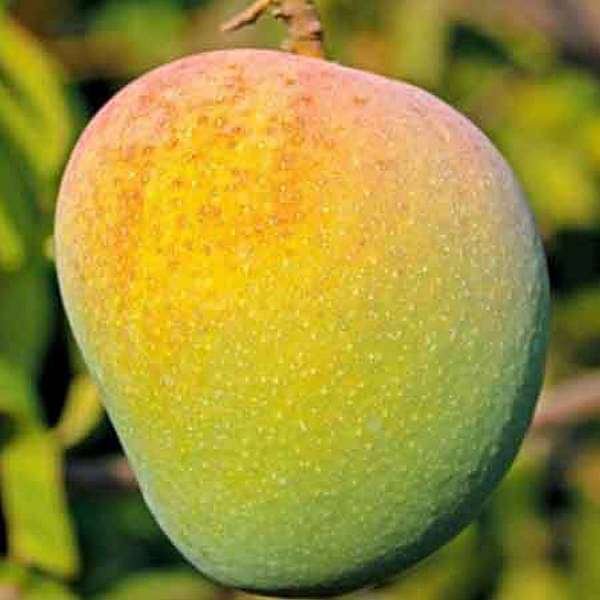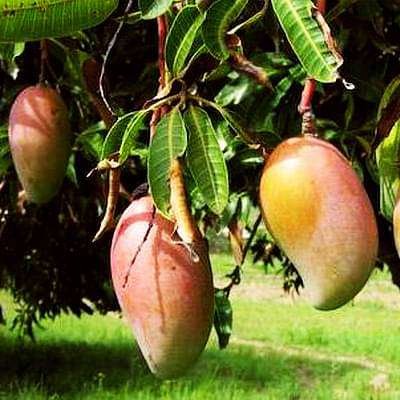Description
Growing Anjeer plant is an easy way to add a tropical flair to your garden. When you know that its important and how to care for Anjeer plants, you will be rewarded with many years of lovely fruit.
What makes it special:One of the best attractive and nutritional fruit plants.
Good source of calcium.
Low maintenance plant.
Perfect plant for outdoor garden.
This product does not have the flowers and fruits at the time of shipping. Afterward, the plant will bloom and produce fruits.Anjeer is a beautiful small deciduous tree with an interesting spreading habit from Moraceae family. The breadth is often wider than the height of 4-9 meter. The bark is a smooth, silvery gray. The leaves of the tree are the identifying feature, they are about 4 inches long and have 3 or 5 lobes.The species name carica means having papaya-like leaves. The fruit, which is called anjeer, may be top-shaped, or pear-shaped, 1 to 4 in long, and varies in color from yellowish-green to coppery, bronze, or dark-purple.Well loved for their sweet, mild flavor fruit and multiple uses and fig are great source of calcium.In Missouri, plants may be grown in sheltered locations outdoors with root mulch or in containers that are overwintered indoors. Planting is usually done in the month of January-February month.Plant Specifications
Plant Height
13 inch (33 cm)
Plant Spread
7 inch (18 cm)
*above specification are indicative only. actual dimensions may vary by +-10%
Common Name
Anjeer, Common Fig
Maximum Reachable Height
Up to 9 meter
Flower Colour
Yellowish-green to coppery.
Bloom Time
February-May
Difficulty Level
Easy
Planting and care
Refer our Garden Guide for detailed procedures and meanings of words related to gardening.
SunlightMorning sunlight of more than 6 hours a day is ideal for flowering and fruit development. SoilThe soil should be well drained, fertile and rich in organic content for growing Anjeer fruit plant.WateringPoke your finger/plain small stick into the soil to check the moisture.Apply 4 cup (approx.200ml) of water when the top soil (1-2 inch) in the pot feels dry to touch.Do not overwater the plant.As a rule of thumb, water the plants thoroughly in summer and reduce watering in winter and rainy season.Water should be applied preferably in the morning or evening.Application of FertilizerBefore application of fertilizer loosen the topsoil without disturbing the roots of the plant so, it can uptake the nutrients and moisture easily.Apply organic fertilizer once a month during the main growing season (December-February)Apply water immediately after application of fertilizer.Plant ProtectionRemove dead, infected or damaged plant parts and discard them away from the plants.For any insect attack or disease, you can use Neem oil, Eucalyptus oil or Citrus oil spray for primary treatment.
DontsDo not overwater the plant specially when pot doesnt have drainage hole.Avoid applying water in hot afternoon it may cause fungus infection.Fig Tree careInitial care for 1-2 weeks after receiving plant at your location:Poke your finger/plain small stick into the soil to check the moisture.Apply 4 cup (approx.200ml) of water when the top soil (1-2 inch) in the pot feels dry to touch.Keep the plant in artificial bright light.Do not re-pot for min. 2 weeks after receiving it.
Key requirements to keep plant healthy:
Sunlight
Natural bright light with morning sunlight(more than 6 hours)
Watering
Apply 4 cup(approx.200ml) of water when the top soil (1-2 inch) in the pot feels dry to touch
Soil
Well drained, fertile and rich in organic content
Temperature
30-45 Degree Celsius
Fertilizer
Apply organic fertilizer once a month during main growing season (December-February)
Harvest Season
June
Fig Tree special featureSmall fruit tree.The tree is hardy in nature and requires comparatively low maintenance costsFig Tree uses
Ornamental Use:
Fig plant can be used in the garden for an ornamental purpose
Medicinal Use:
Fig fruit is used as laxative to relieve constipation and its leaves are used for diabetes, high cholesterol and other skin conditions
Some time milky sap(latex) from the tree used to treat skin tumors and wart
Note: The following information is general guidelines, be sure to ask your healthcare provider for guidelines
Culinary Use:
Fruits are edible






Reviews
There are no reviews yet.